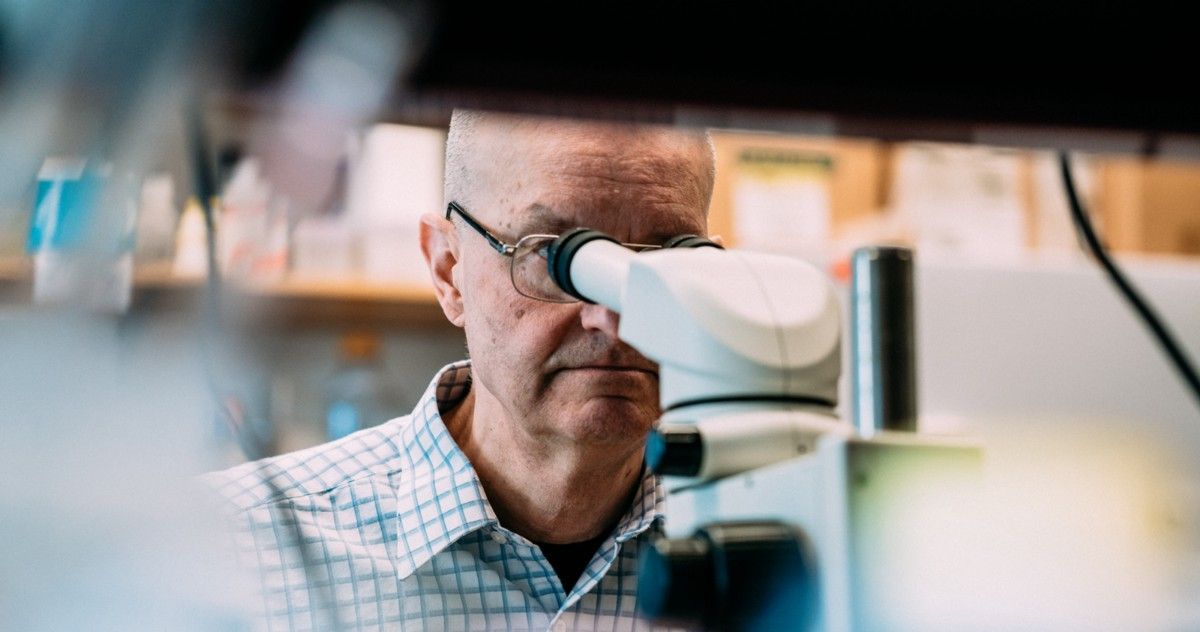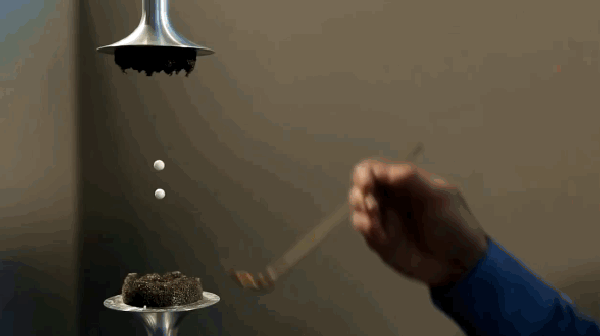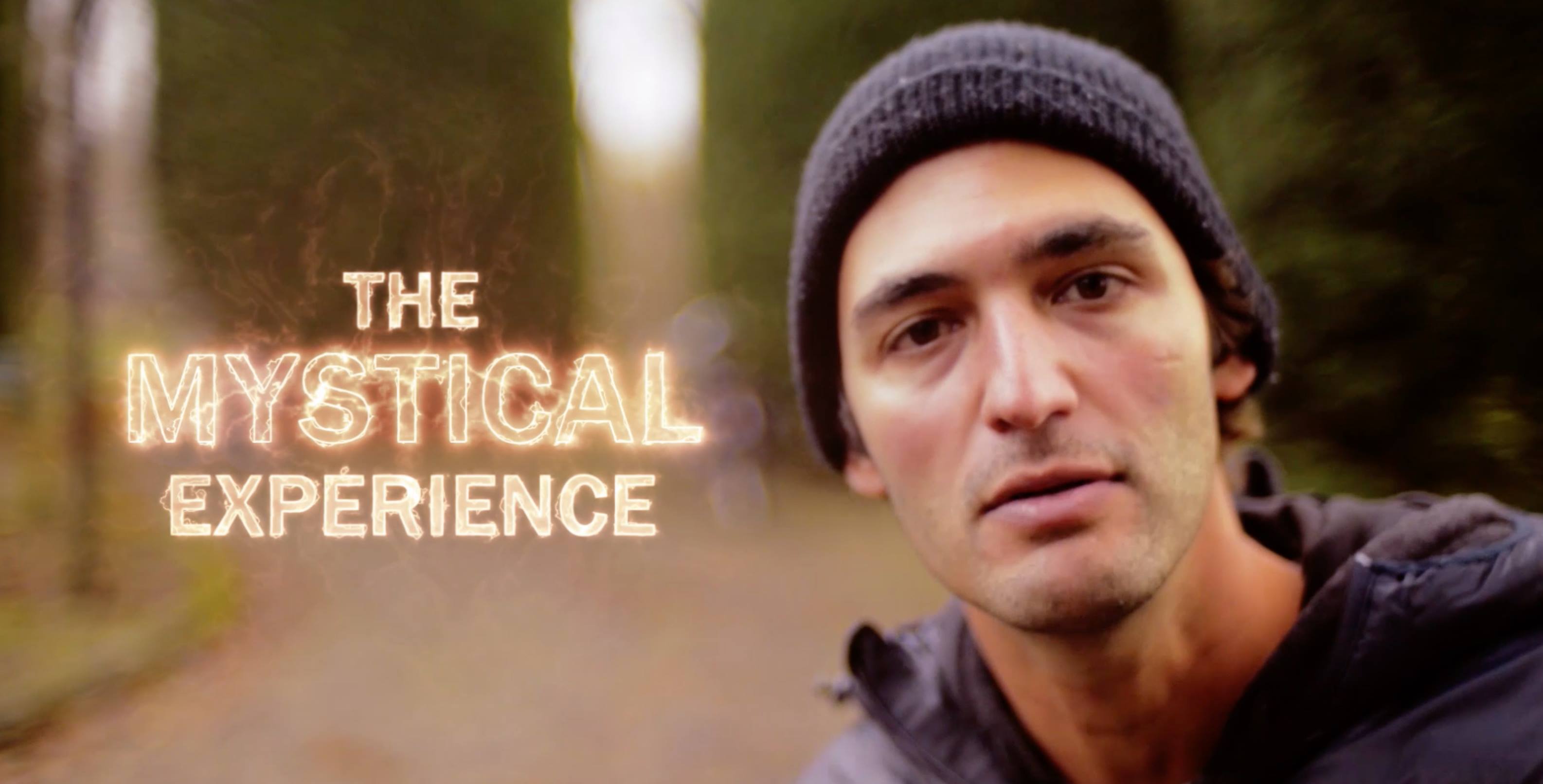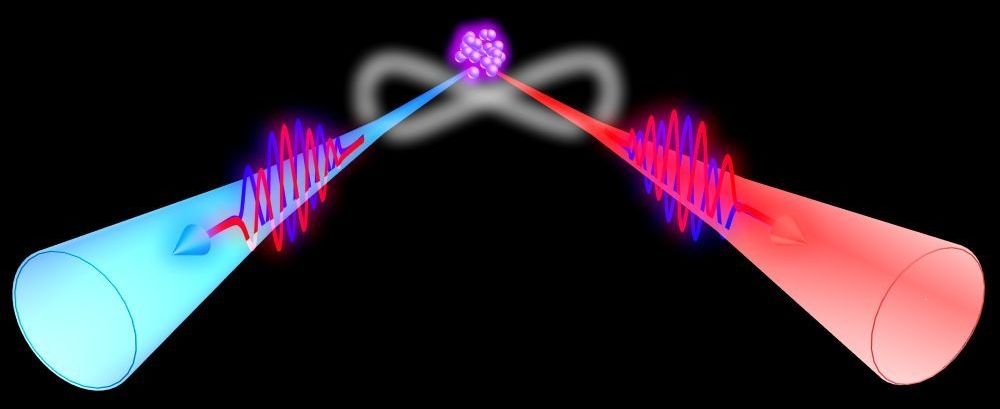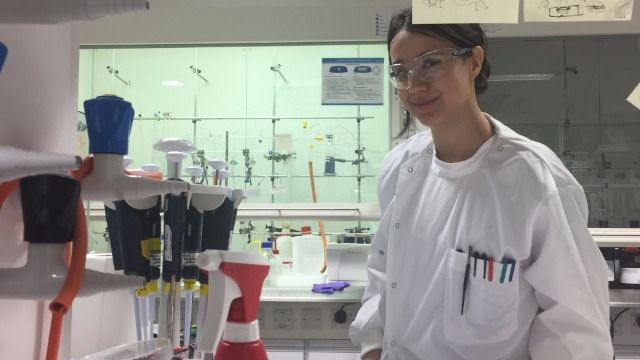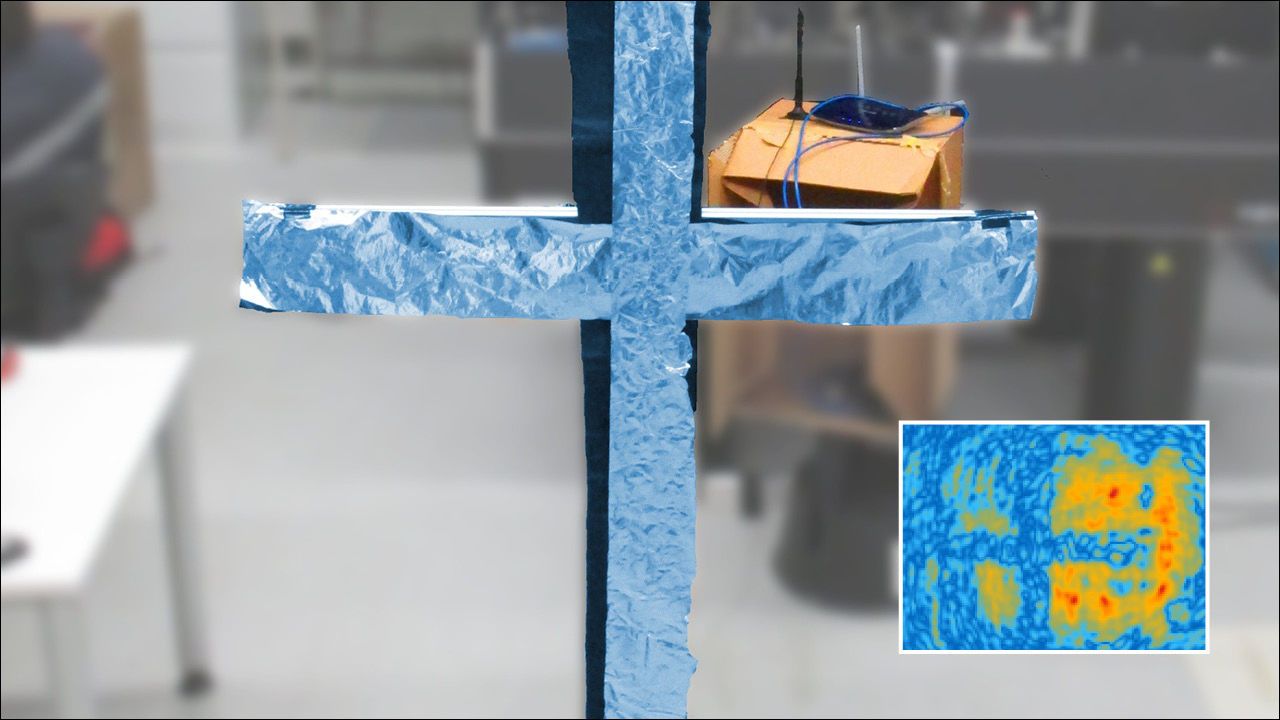May 10, 2017
A Theory of Consciousness Can Help Build a Theory of Everything
Posted by Shailesh Prasad in categories: neuroscience, particle physics
For an empirical science, physics can be remarkably dismissive of some of our most basic observations. We see objects existing in definite locations, but the wave nature of matter washes that away. We perceive time to flow, but how could it, really? We feel ourselves to be free agents, and that’s just quaint. Physicists like nothing better than to expose our view of the universe as parochial. Which is great. But when asked why our impressions are so off, they mumble some excuse and slip out the side door of the party.
Physicists, in other words, face the same hard problem of consciousness as neuroscientists do: the problem of bridging objective description and subjective experience. To relate fundamental theory to what we actually observe in the world, they must explain what it means “to observe”—to become conscious of. And they tend to be slapdash about it. They divide the world into “system” and “observer,” study the former intensely, and take the latter for granted—or, worse, for a fool.
A purely atomic explanation of behavior may be just that: an explanation of what atoms do. It would say nothing about brains, much less minds.
Continue reading “A Theory of Consciousness Can Help Build a Theory of Everything” »


